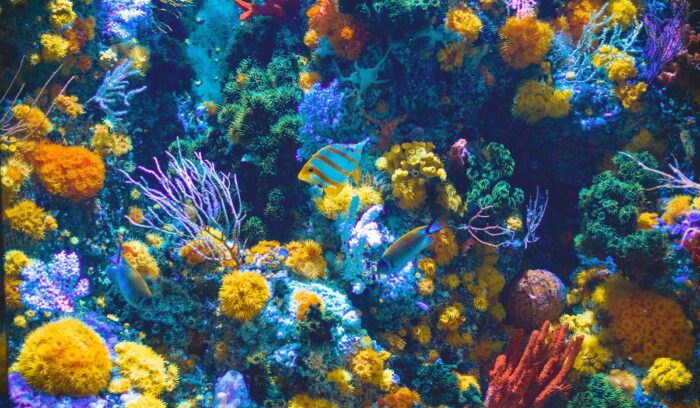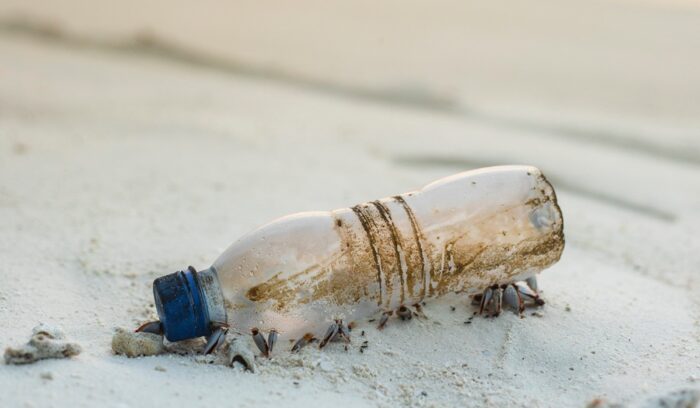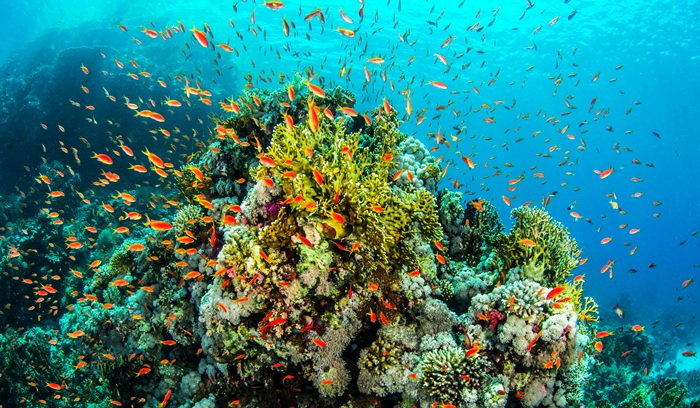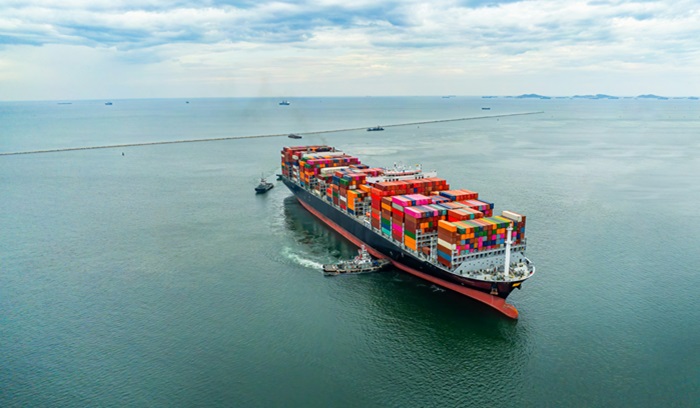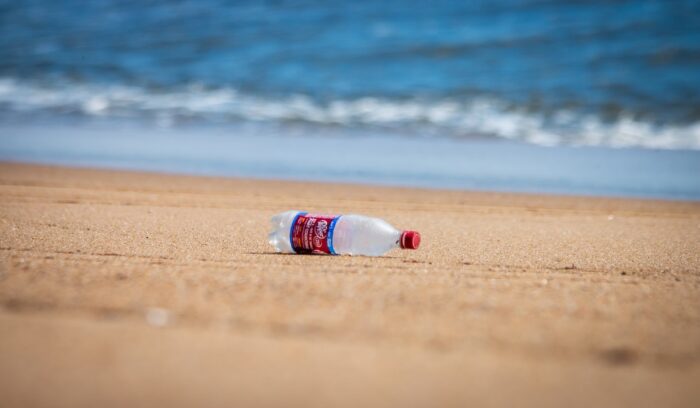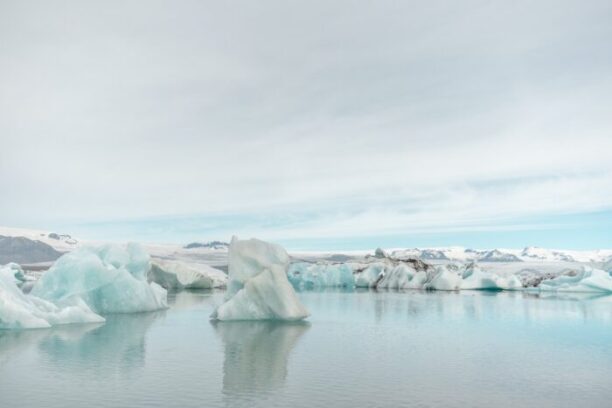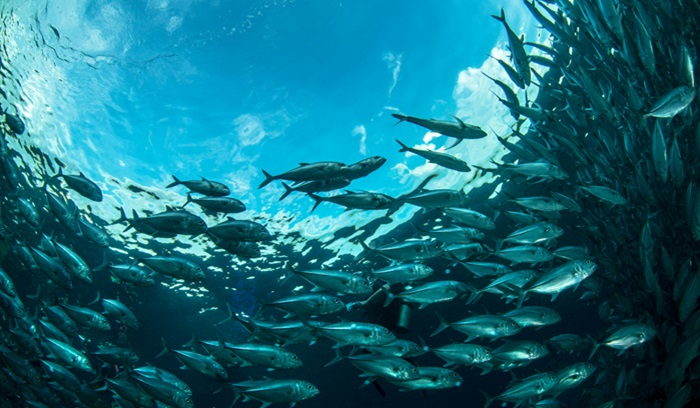French Polynesia creates world’s largest marine protected area
The massive new MPA in the South Pacific will cover the semi-autonomous French territory’s entire exclusive economic zone (EEZ), roughly 1.9 million square miles. It will include nearly 420,000 square miles of highly or fully protected ocean, an area twice the size of mainland France. Of this, some about 350,000 square miles will be fully protected. In these areas, no extractive fishing or mining will be allowed. About 72,000 square miles will be an artisanal fishing zone, only allowing traditional line fishing.

